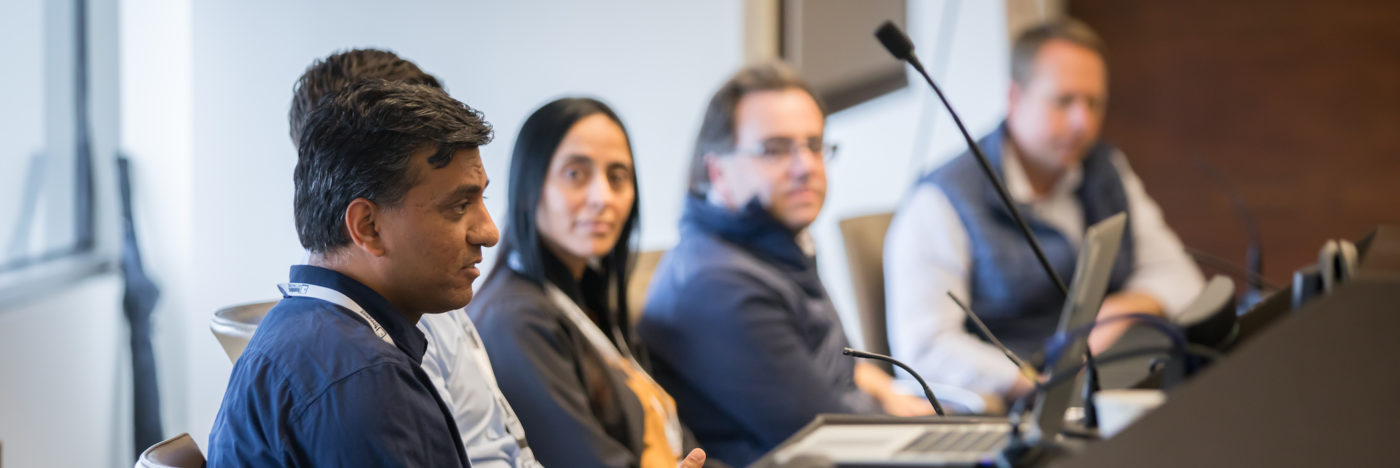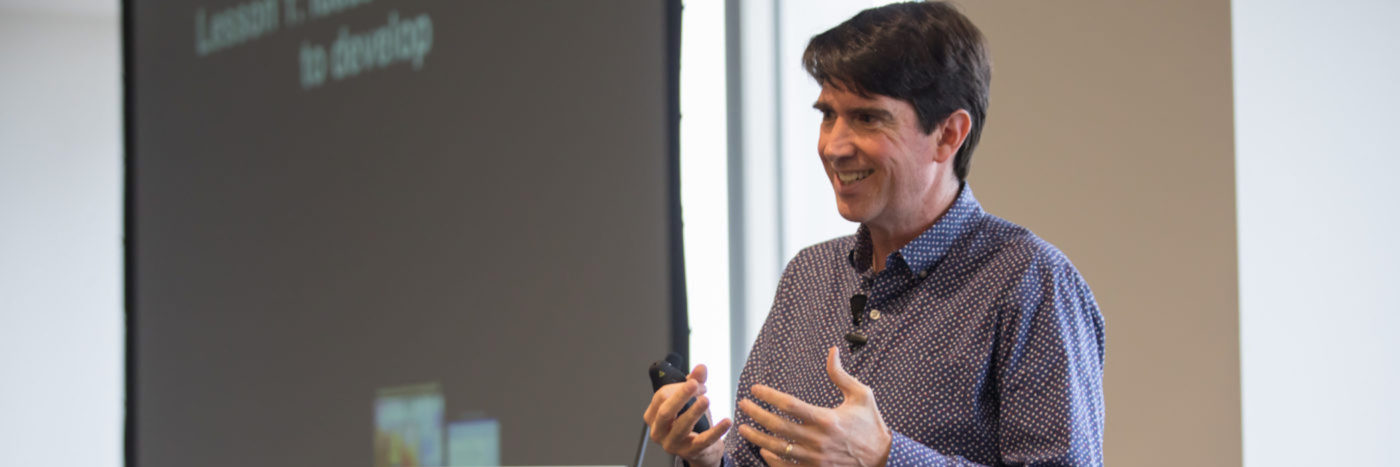
Today’s most successful startups thrive with the help and insight of eager, dedicated employees. But hiring the right talent isn’t always easy. We asked 6 Founders Network members with experience scaling teams of 50+ about their early hiring mistakes, and how they managed to overcome them. Learn from their wisdom below and follow their advice to sidestep the same common hiring pitfalls yourself.
“Throwing warm bodies at a problem won’t solve it.”

Kenneth Wu
Founder & CEO
Milk and Eggs
100 Employees Hired
$6M Raised
$15M Success Exit
Sept’18 Cohort
Kenneth and his team, while they were still in early startup mode, found that they had a tendency to hire anyone and everyone. But they learned quickly that throwing warm bodies at a problem won’t solve it. It’s the job of the executive team leader to “build the team” by hiring the right people, and that simply doesn’t happen overnight because unless you have relationships to build upon and a vast network to draw upon, you’re not going to get qualified people that are ready to focus on the problem at hand.
In short, if you’re not hiring the right people, then those people won’t hire the right people. An old adage Kenneth likes to fall back on is “Able people solve problems for you. Unable people create problems for you.”
“Always, always check references”

Alvin Hung
Founder & Executive Chairman
Vyond
100 Employees Hired
$5M Raised
April’19 Cohort
When Alvin Hung’s startup, Vyond, started making a profit, they decided to hire a CFO to ensure that their accounting work was done correctly, as well as help them plan for the future. Their lawyer referred them to a part-time CFO and being frugal as startups often are, they decided to hire him and do so without checking their references. That was a mistake.
The CFO turned out to not only not be incapable, but created extra work by using contractors that he was unable to manage successfully. Alvin had to step in and put things back in order. Since the CFO was billing on time, he told his contractors to use as much time as possible. After cleaning up the projects, the staff at Vyond elected to hire a full-time accounting staff to replace his team.
The lesson here is not only that you get what you pay for, but that you should always, always check references, even if the person comes on the recommendation of a perfectly capable colleague.
In addition to the CFO hangup, Alvin and his team also discovered a startup hiring misstep when their product development team started to grow. There were issues with collaboration, and it seemed like the team’s overall velocity was slowing down: that they simply weren’t as agile as they used to be.
To help remedy this, the Vyond team elected to hire a consulting company that specialized in coaching companies on how to run agile processes. It was an expensive investment, but the team learned through this expensive investment that you can’t “buy” agility. There were cultural clashes, internal strife and a whole host of frustrations. After the consultants were finished, the team took what they had aimed to teach and slowly adjusted their own internal structure to follow agile practices.
The bottom line? Agility can’t be bought and every company is different and needs to figure out what “agile” really means for them, and how to develop that kind of process.
“Hire the person who aligns to your company culture first”
Nadia’s advice for startups looking to hire the best talent is to hire the person who aligns to your company culture first, before looking at how well they align to the actual job description. Even the best candidates on paper will not work out with your company in the long run if they’re not a good fit for the work culture.
“Brilliance isn’t everything”

Alan Wilson
Co-Founder
Tripwire Interactive
100 Employees Hired
$250K Raised
Oct’18 Cohort
Alan and his team learned that brilliance isn’t everything. While the Tripwire Interactive team was still in its infancy, they hired a brilliant techie precisely because of his brilliance. Unfortunately, that came at a cost to the cohesiveness of the team.
People can be brilliant and simply not mesh with a team, and for all their brilliance, they end up causing more disruption than enhancing the team as a whole. In at least one case, Alan can remember that they waited too long to let the person go, and in the interim, a lot of damage had been done to the team itself, and it took awhile to pick the pieces back up.
Now, during the hiring process, the team at Tripwire Interactive waits to see if the person fits in with their company culture and values, and then contract that work out if they’re desperate. It works better for them this way than having someone come onboard with a whole slew of negativity and diffuse that negativity to the rest of the team through their behaviors.
“Contract before bringing on a full-time hire”

Hillary New Sinclair
Founder & CEO
Wheesearch Beauty
50 Employees Hired
$500K Raised
Sept’18 Cohort
One of the biggest things that highlights the hiring process at Wheesearch is that they use a brief consulting or volunteer role to assess how well someone can “show their stuff” based on how that person works in a small, manageable role before putting more on their plate.
Unfortunately, even though someone excels in these small “trial” simulations, they can ultimately not be the best fit with the environment. For example, Hilary and her team worked with someone who was a great fit at first. They understood the space, did an amazing job and was overall incredible, but couldn’t really adapt well overall since this was their first office job.
Being that the Wheesearch team is virtual, things like intra-team communication, adhering to deadlines and being results-oriented simply fell by the wayside. It in turn hampered the rest of the results and productivity of the team, so the person ultimately had to be let go. Lesson learned!
“Invest time and think through what you actually need”

Janine Yancey
Founder & CEO
Emtrain
50 Employees Hired
Feb’18 Cohort
Janine made a common mistake that many startups make — which was to shortchange the process of thinking through what’s actually needed for the role you’re hiring for, and the skills and experience that are needed to ensure that the person you hire is successful in that role.
The thing about startups is that everything is fast-paced, and, as Janine notes, it’s hard to slow down, especially when you need help! But failing to invest enough time to think through the needed skills and experience that are required for job success doesn’t help anyone in the long run. A few painful blunders can help you learn from your mistakes, but taking the time to understand what you really need and what’s needed to ensure that the person you hire is successful is ultimately the best path forward.
And although these are by no means the only mistakes that can be made, the truth is that the startup culture is always evolving and growing. Making mistakes is part of the learning process, but they don’t have to make lasting impressions that can turn teams sour and cause friction among employees. By following these steps, you’ll be setting up your startup for the best possible success by hiring the right people that are the right fit for your business culture and your goals.







